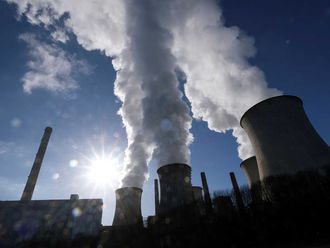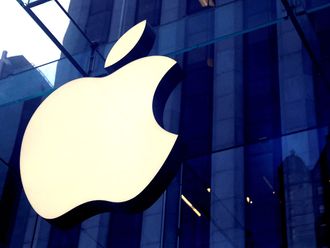Historical trends provided me with much good guidance for 2009. But this year's task is proving much more difficult as several trends are pulling me in different directions.
On the positive side, history provides a powerful clue that the current bull market has further to run.
There were 19 bull markets in the past 100 years. All but one ran for at least 14 months. Most ran much longer.
The single exception to the rule was a run of just seven months that ended in July 1957. According to George Blakey's A History of the London Stock Market, it was cut short by a run on sterling.
UK authorities were forced to defend the pound with an eye-popping two percentage point rise in the Bank of England base rate to 7 per cent.
We live in perilous economic times once again. So I have little doubt that a fresh shock of 1957's magnitude could result in another shortened bull market. However, the weight of probabilities suggests this bull market will continue.
I am therefore optimistic for the longer term, but still think 2010 will disappoint UK investors.
One worrying issue is the size of the gain we have enjoyed since this bull market began in March. Shares have risen by 55 per cent in the past 10 months — one of the most powerful rallies in the record books.
History teaches that weak rallies in the first 10 months of a bull market are often followed by robust advances in the following year. A good example occurred in the aftermath of the 1987 crash.
Shares rose modestly, by about 15 per cent in the first 10 months of the new rally. Then the rally picked up momentum in the following 12 months, with prices rising by about one-third.
Continuation rallies
Unfortunately, powerful continuation rallies are less likely to occur in months 11 to 22 if prices have already risen strongly in the first 10 months of a new bull run.
This relationship is not cast in stone. Even so, the powerful gain that we have enjoyed since the current rally began 10 months ago is a point worth thinking about during 2010.
Might 2010 turn out to be another exception to this rule? It is hard to say because of the upcoming election.
History teaches us that share prices virtually always decline in the six-month countdown to polling day if the eventual majority proves to be smaller than 20 seats. In fact, the average decline has been 15 per cent in the run-up to a close election.
By contrast, the six months preceding a substantial election victory are virtually always characterised by stock market gains.
Polling day
Of course, the usefulness of this trend is limited by the uncertainty surrounding the next election. Polling day has not yet been announced so we do not know when to start our countdown clock.
Nevertheless, if recent polls are any guide, investors have reason to be wary about stock market prospects for the next few months.
Another issue that muddies the water is the speed of economic recovery. Some of the recent stock market gains reflected hope. If signs of this improvement begin to appear, the stock market could rise by a significant amount. But, in the absence of significant positive signs, investors are vulnerable to a lengthy period of disappointment.
As a result, my forecast for 2010 assumes that the election will be close and the degree of economic improvement will disappoint investors.
If I am right, I anticipate stock market weakness in the next few months, a brief post-election rally, and then further disappointment in the second-half of the year, due to a weak economy.
I have pencilled in a 2010 year-end close on the FTSE 100 of 4900, about 10 per cent below current levels.
Judging from my in-box, many readers believe they can do a better job of forecasting the future.
So now is your chance to prove it! E-mail your forecast for the year-end FTSE 100 to the address below. A bottle of bubbly goes to the best forecaster.












